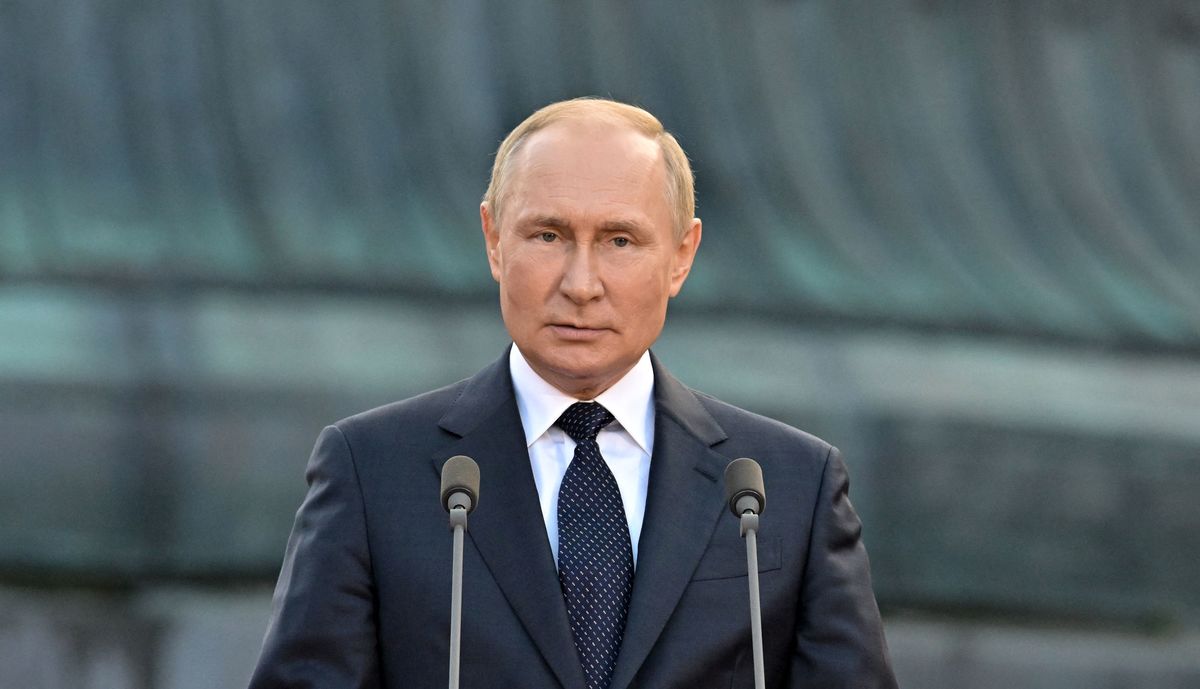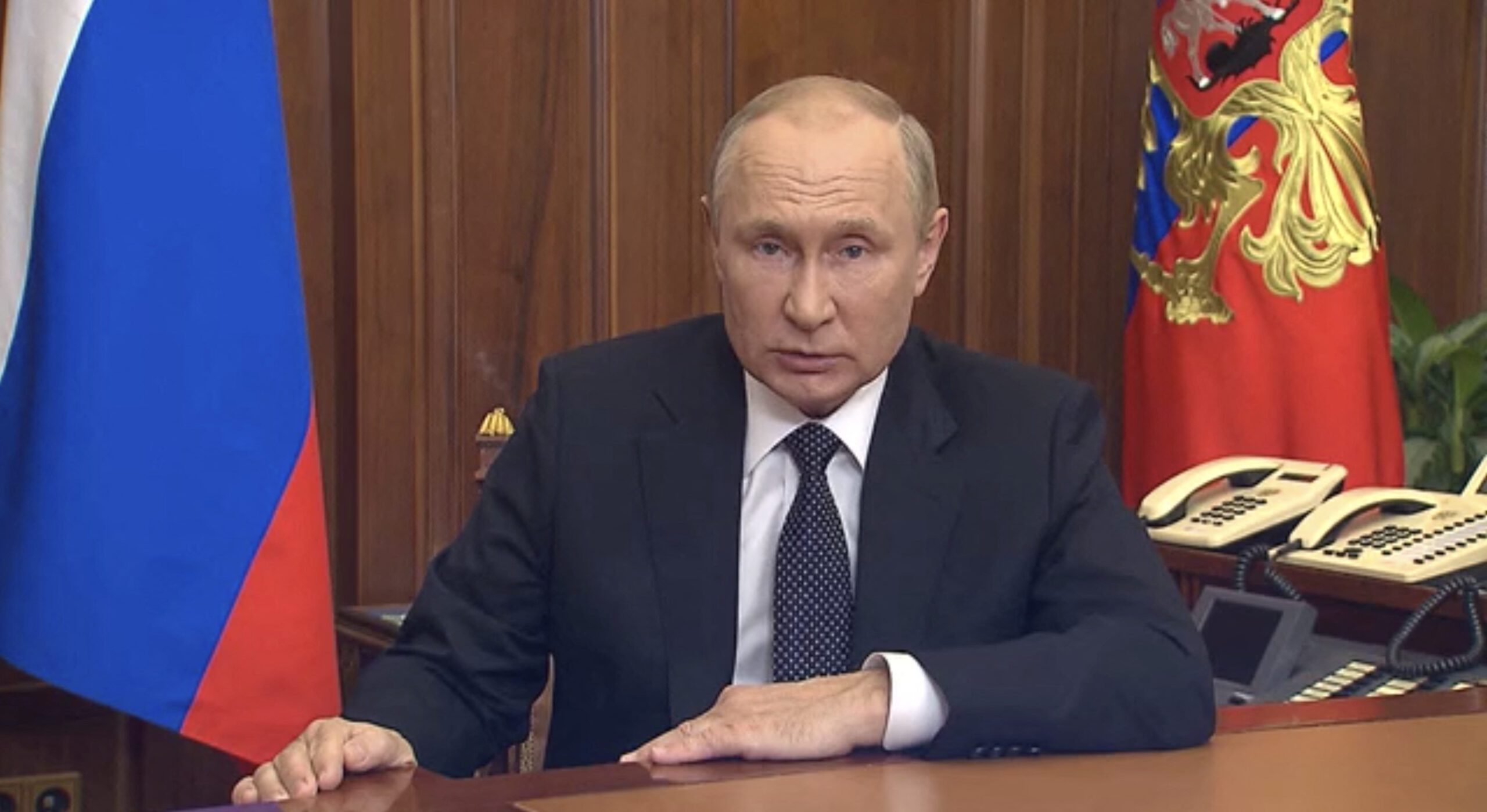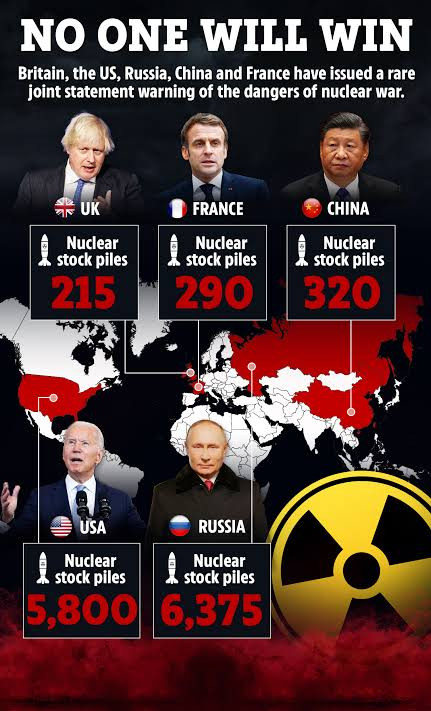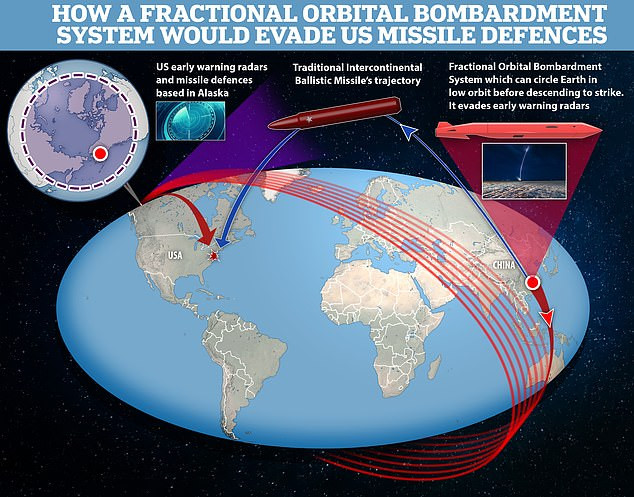News
Iran has increased its uranium stockpile e- UN nuclear body says
The United Nation’s nuclear watchdog, the International Atomic Energy Agency (IAEA) has reported that Iran has boosted its stocks of enriched uranium, just days before scheduled talks in Vienna to restore Iran’s 2015 nuclear deal.
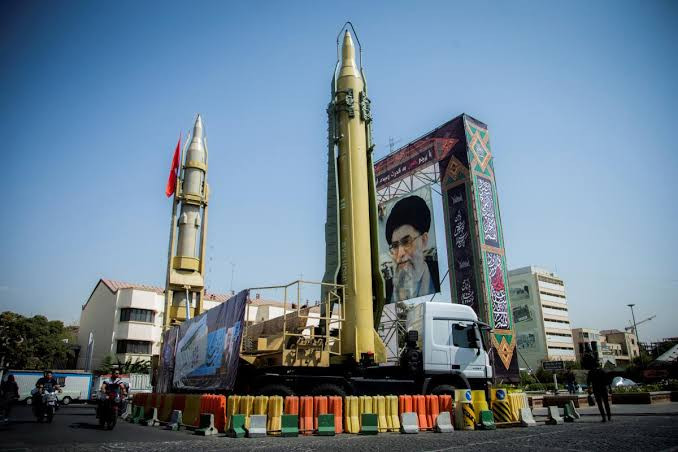
In a report cited by several media outlets on Wednesday, November 17, the IAEA gave updated estimates of Iran’s uranium stockpile.
The agency said it estimated Iran’s stockpile of highly enriched uranium at 2,489.7 kilogrammes (4,488.8 pounds) – several times more than the cap agreed in the Joint Comprehensive Plan of Action (JCPOA), the official title of the nuclear deal.
It said Iran’s total stockpile of 20 percent enriched uranium stood at 113.8kg (251 pounds) earlier this month, up from 84.3kg (186 pounds) in September.
It added that Iran also possessed 17.7kg (39 pounds) of 60 percent enriched uranium, up from the previous 10kg (22 pounds).
The report came as Iran’s representative office in Vienna said IAEA Director General Rafael Grossi will visit Iran next week Monday and hold his first meeting with Iran’s new foreign minister, Hossein Amirabdollahian, a day later, the office said in a statement.
The director of the global nuclear watchdog had previously said he finds it “astonishing” that he has yet to meet and discuss several outstanding disputes with top Iranian officials, months after Raisi’s administration was formed.
The most immediate issue appeared to be activities at a centrifuge parts production site in Karaj, which has been unmonitored by the IAEA since June, when Iran said a sabotage attack by Israel considerably damaged the facility, including IAEA cameras.
However, the two sides (Iran and IAEA) were at odds later in September when Iran said its security forces were still investigating the Karaj site and no one could access it.
In a separate report on Wednesday, the IAEA said it “categorically” denied that its cameras were used to mount the attack on the Karaj site after Iran said it was investigating that possibility.
The talks are expected to be complicated as Raisi’s administration has said Iran wants all imposed US sanctions – including those with “terrorism” or human rights designations – lifted, and requires a guarantee that the US will not abandon the deal again in the future.
The US, meanwhile, has maintained that it is only willing to lift sanctions that are “inconsistent” with the Joint Comprehensive Plan of Action (JCPOA), as the deal is formally known.
